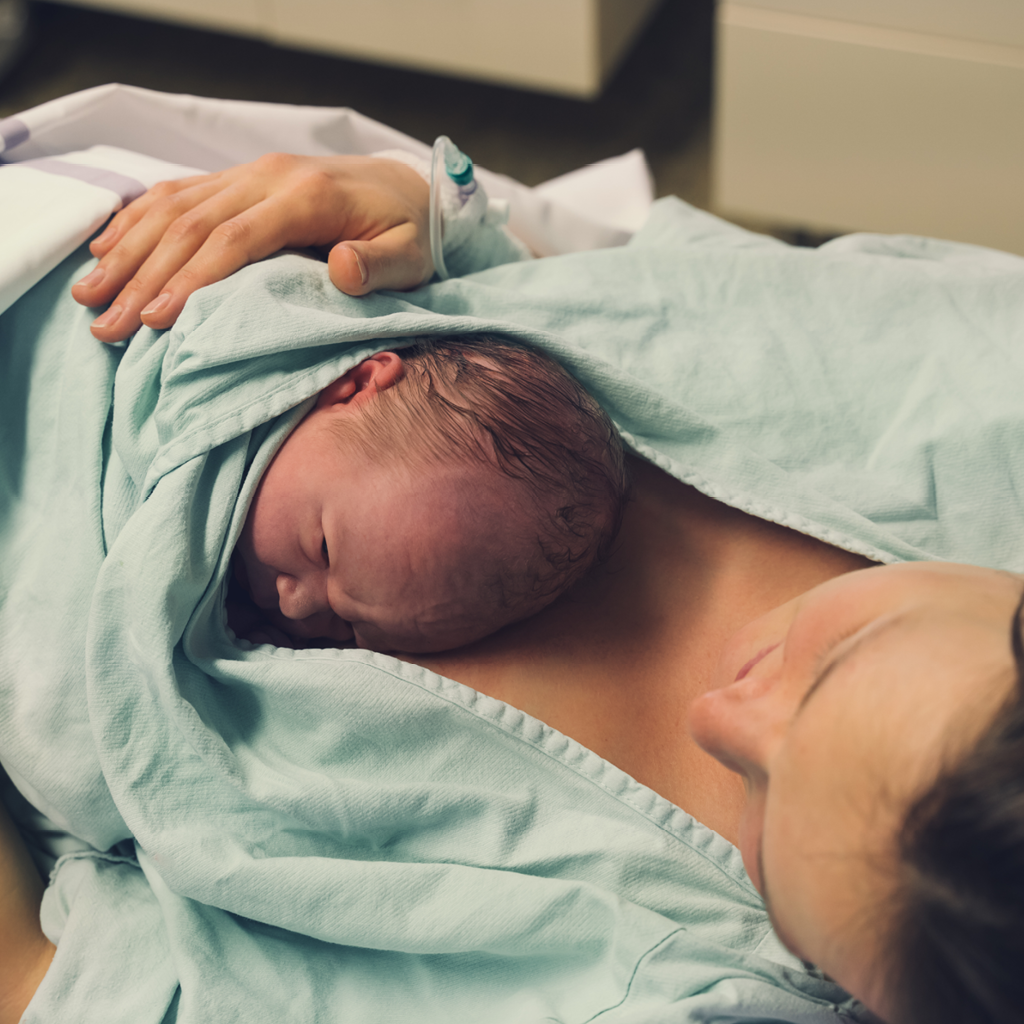The latest findings from England's healthcare regulator have raised concerns about the safety of maternity units across the country. According to reports by the Care Quality Commission (CQC), BBC analysts learned that maternity units currently have the lowest safety ratings compared to other hospital services. The CQC has deemed a staggering 67% of these units to be insufficient in terms of safety, a significant increase from the 55% reported last autumn. It was also revealed that 15% of maternity units were assigned the poorest safety ranking of “inadequate”, this is more than double when compared to September 2022.
This deterioration in safety standards is particularly alarming considering the ongoing efforts to enhance maternity care within the NHS. As a result of the tragic death of a number of babies at the University Hospitals of Morecombe Bay NHS Trust in 2015 the NHS launched the Better Birth programme in 2016 which aimed to improve outcomes of maternity services in England. Despite the dedicated focus on improving these services, NHS Maternity units are still under huge pressure. The shortage of staff, in particular at midwife and consultant level has been identified as one of the key factors contributing to this decline in safety.
With fewer midwives available to provide essential care and support to expectant mothers, the quality and safety of maternity units have been compromised. This shortage not only affects the overall experience of pregnant women but also poses potential risks to both mothers and their babies.
Whilst many birth injuries (for mother and child) are sadly unavoidable, many of the cases that we come across in the medical negligence team could have been prevented. A lack of appropriate staff levels can mean that instances of birth injuries, and even baby deaths will increase as maternity teams do not have the resources to carry out frequent checks on mothers and babies in their care. Early detection and treatment of illnesses such as sepsis, hypoglycaemia, pneumonia and meningitis is vital to avoid long term health problems or tragic loss of life.
NHS England said it was working closely with trusts to "ensure safer, more personalised and more equitable maternity care for all women, babies and families".
Medical Negligence specialist Clair Hemming comments:
“There has been so much focus on maternity care over the last 15 – 20 years and yet sadly the trajectory in relation to standards of care is still heading in the wrong direction. At one of the happiest times in life, women should be able to have absolute confidence that they will receive the best maternity care no matter where they live. But unfortunately reports such as this do not instil such confidence.”
How can we help
Our specialist medical negligence team has considerable experience in handling medical negligence claims related to maternity care, including baby loss, brain injuries such as cerebral palsy, group B strep causing significant disability, and Erb’s palsy injuries as well as birth injuries to mothers. If you think you may have been affected by insufficient safety levels whilst giving birth or if you think you have received substandard maternity care resulting in injuries to you or your baby, contact us today and we will do all we can to help to provide the answers you need.






